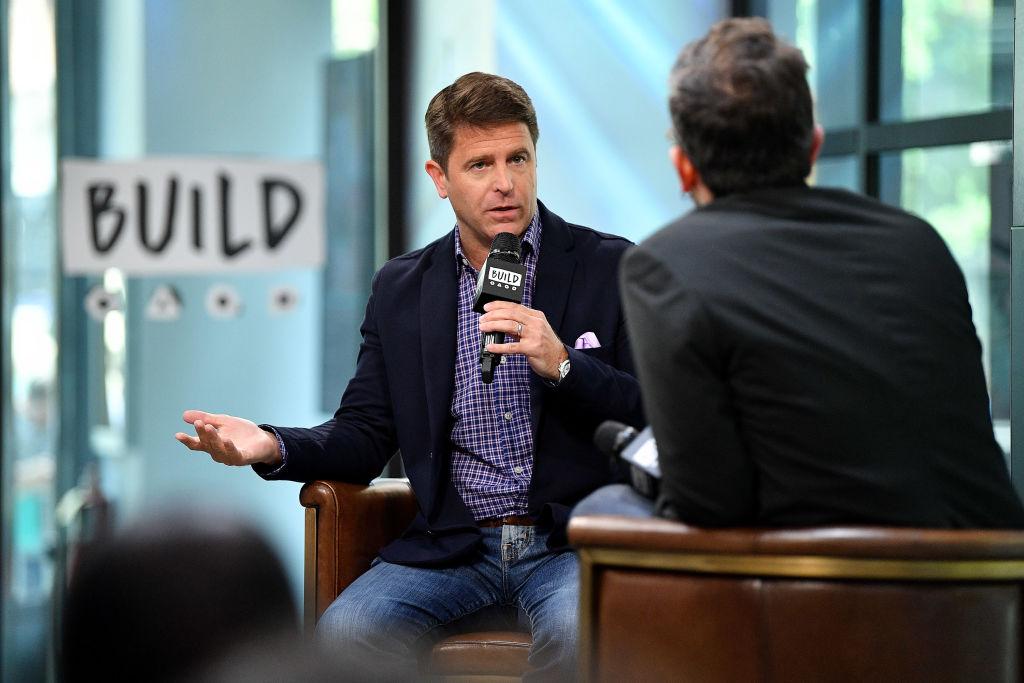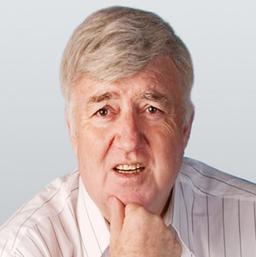There are two key reasons why I am such a huge fan of Brad Thor thriller novels: First, they are supremely entertaining, always great fun to read. Second, readers come away from his novels with considerably deeper and significantly more accurate understanding of the threats America faces than they get from the mainstream media.
No one writes a better thriller than Brad Thor. I believe what sets him apart is that his talent as a great storyteller is so well-paired with his perceptive grasp of America’s struggles at this point in our history, giving his works such tremendous plausibility.






